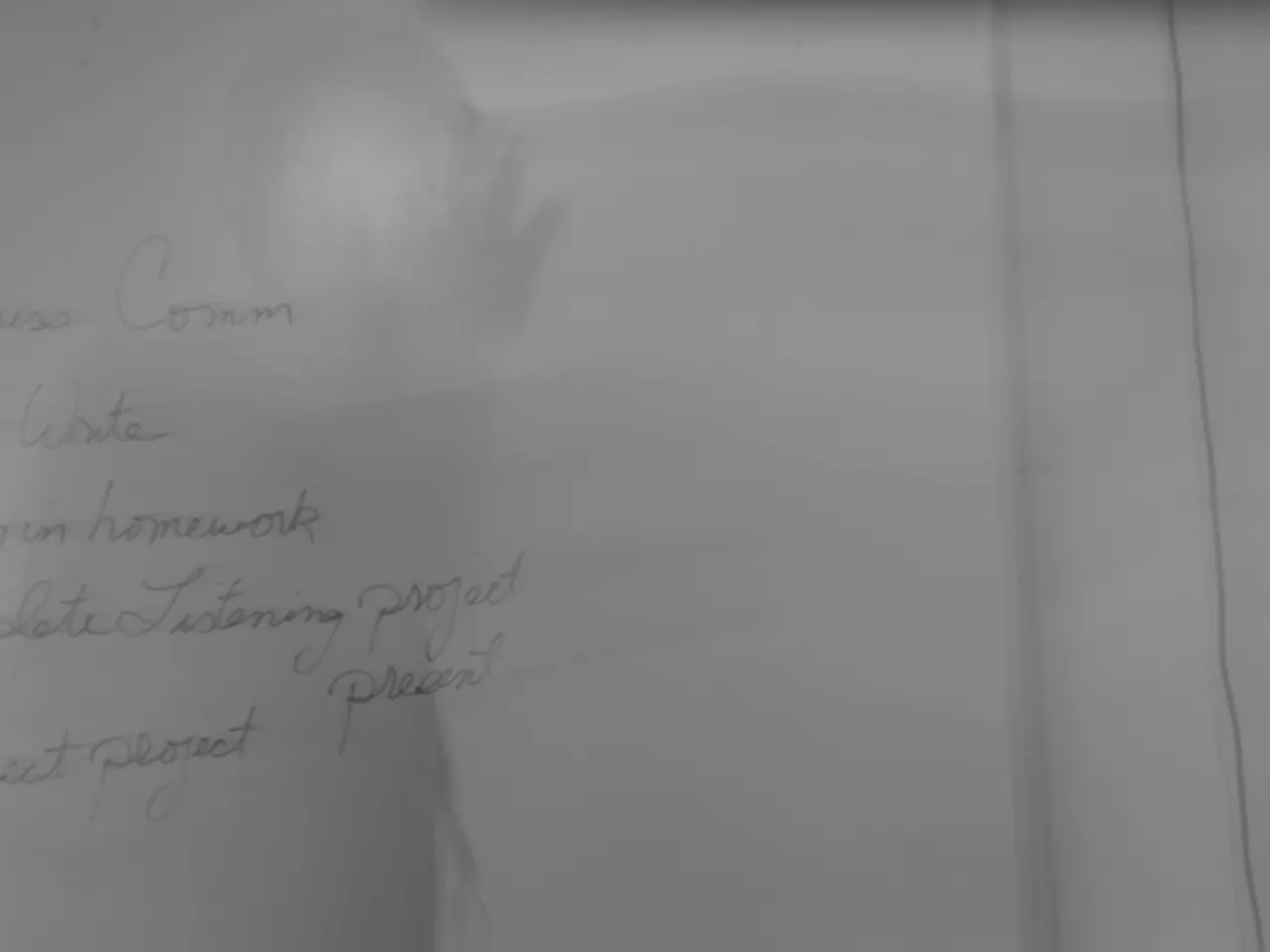IRS Faces Legal Challenge Over Regulations on DeFi Intermediaries in the U.S.
The Internal Revenue Service (IRS) is facing a legal challenge from DeFi organizations and validators over its proposed rules for digital asset transactions, particularly those involving decentralized finance (DeFi) platforms. The plaintiffs argue that the rules violate the U.S. Constitution and the Infrastructure Investment and Jobs Act.
A couple of Tezos validators are pursuing a court case to force the IRS to revise taxation rules for staking income in DeFi. The lawsuit also claims that the proposed rules exceed the IRS's authority and infringe on the privacy of DeFi users.
The broader regulatory discussion recognizes the unique challenges DeFi presents. Unlike centralized exchanges, DeFi protocols often operate without intermediaries, making traditional compliance mechanisms difficult to enforce. This distinctiveness has led to calls for tailored regulatory approaches rather than one-size-fits-all mandates.
Marisa Coppel, Head of Legal at the Blockchain Association, expressed a need to protect DeFi technology, not destroy it. She stated that the government's actions are increasing risks and creating opportunities for inequality in DeFi. Furthermore, she argued that the government is imposing intermediaries where there are none in DeFi.
The IRS's push for transparency and enforcement clashes with DeFi's ethos and technology. The extensive data collection requirements raise privacy concerns, and the administrative and technical feasibility of such mandates is questionable given DeFi's decentralized nature and lack of centralized intermediaries to report data.
The 2025 reports emphasize the need for protecting lawful users’ privacy rights while countering illicit finance through updated Anti-Money Laundering (AML) and Counter-Terrorism Financing (CFT) frameworks tailored to digital assets including DeFi. These recommendations reflect a recognition of DeFi’s privacy-enhancing features and the risks that overly broad data collection could hinder innovation and user privacy.
In summary, the dynamics indicate active and ongoing contention between DeFi organizations advocating for privacy and innovation-friendly regulation, and the IRS’s push for transparency and enforcement. This legal battle underscores the complexities of regulating DeFi and the need for a balanced approach that respects both the interests of the government and the DeFi community.
The Tezos validators' court case aims to adjust the IRS's taxation rules for income generated from DeFi staking, contending that the rules infringe on DeFi users' privacy and exceed the IRS's authority. In light of the unique challenges posed by DeFi, there's a call for tailored regulatory approaches rather than universal mandates, as traditional compliance mechanisms struggle to enforce regulations within decentralized finance.




